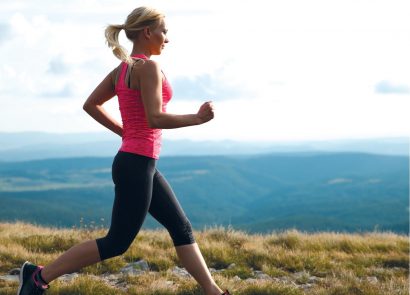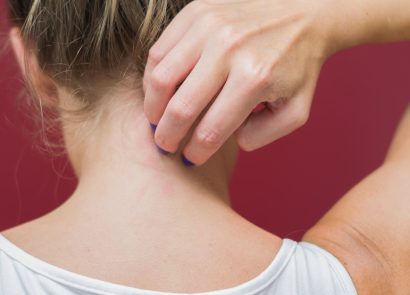1. Forget smear fear
All women aged between 25 and 64 are recommended for cervical screening, and not just those who are sexually active. However, research from Bupa (bupa.co.uk) has found that four million of us are avoiding the doctor when it comes to female health because we’re embarrassed. We understand that the idea of having a plastic instrument swabbed around in private places is not particularly appealing, but a few minutes of slight discomfort can put your mind at ease for years. “All women registered with a GP in the UK are invited for cervical screening – once every three years if you’re aged 25-49, or every five years if you’re in the 50-64 age bracket,” says Dr Tracey Sims (intimateyou. co.uk). “When you get the letter, it’s important to book an appointment with your nurse, GP, or sexual health clinic as soon as you can. Having a smear test is quick and your health professional will do everything they can to put you at ease. You should even receive the results in just under a week.”
2. The contraception question
“Your needs will change throughout your life, and different contraceptive methods may be appropriate at different stages,” says Dr Sims. “GPs, practice nurses and sexual health clinics can offer a wealth of information, so don’t be afraid to ask. We are subject to a variety of circumstances – some women lead busy lifestyles and struggle to remember to take an oral contraceptive each day, or have certain medical conditions which may make some medication unsuitable. Experiences of side effects such as mood swings or bloating can happen on one type of contraception but not on others, and some women prefer a method that reduces or even rids them of periods altogether. While some find their perfect match straight away, others may need to try out a few different types.” Remember – that catsuit that suited you in your 20s may not look quite right on you in your 40s, and it’s a similar principle with hormones, we grow out of things, so asking your doctor about what’s available is useful.
3. Leaky pipes
“A huge number of women in the UK are secretly suffering from bladder control issues and it can affect our activity levels,” says Dr Sims. “Leaking when you run, jump, cough or sneeze, having to pass urine frequently or needing to get up during the night is unsustainable. It can really affect your quality of life – your emotional state, body image and sexual relationships. Many women think that it’s a natural part of having children or going into menopause, but this is simply untrue. Firm, supportive pelvic floor muscles help to assist the bladder, womb and bowel and are therefore important when avoiding issues such as leakage.” It’s vital to exercise your pelvic floor around four times each day in order to prevent weaknesses and embarrassing leaks! Taking D-Mannose supplements regularly also aids the functioning of a healthy bladder.
4. Painful sex isn’t normal sex
“Pain during intercourse is never normal,” says Dr Sims. “If you’re healthy, you shouldn’t be experiencing discomfort during sex. It can be a sign of endometriosis, polycystic ovary syndrome (PCOS), fibroids, painful bladder syndrome, or interstitial cystitis. Dryness or soreness may be related to low oestrogen levels which can change during the menopause or when breast feeding. Lubricants can help to ease any soreness in the bedroom, but it’s important to note that many commercial lubricants contain irritants which can affect delicate tissues.” In order to prevent any nasty illnesses or infections, it’s vital to maintain good bathroom hygiene. Regularly changing and washing your towels can make a big difference. Wear breathable underwear and avoid synthetic materials, as Dr Louise Newson (regelle.co.uk) advises. “Wash regularly after working out, change out of sweaty knickers and leggings immediately and never sit around in damp swimwear, as this can lead to bacterial growth and irritation.” It’s also recommended that we use organic menstrual products, to avoid any unwanted chemicals entering our bodies.
5. Spot on my watch
“Bleeding between periods (also known as spotting) can occur for a number of reasons,” says Dr Sims. “In some cases, it may be down to starting a new form of hormonal contraception, or missing a pill. If you do notice any abnormal vaginal bleeding and are concerned by it or are unsure of the cause, you should speak to your GP. In the majority of cases, it’s unlikely to be anything serious, but sometimes it may indicate a problem requiring medical attention, or provide a wakeup call for switching your contraceptive.”
6. Lagging libido?
“Ageing effects, sagging skin, weight gain, leakage, pain and stress can all affect your enjoyment of sex, which in turn can impact your self-esteem,” says Dr Sims. “Being comfortable in your own skin can be the best way to promote our own sexual health. It’s not about being perfect, it’s about body confidence, looking after yourself and communication with your partner. Speak to other women about their experiences, talk to your GP about insecurities and how you may be able to overcome them, and don’t suffer with anything in silence.”
7. Screening while cleaning
“Breasts come in all shapes and sizes, so what’s ‘normal’ for one person may not be for someone else,” says Dr Sims. “Only you know what’s standard for you. The best way to learn about this in terms of your breast health is to take some time getting to know your body. The best place to examine your chest area properly is in the shower with a soapy hand. It’s important to note any alterations in the texture or colour of the skin, puckering, changes in the nipple or non-milky discharge. The NHS offer breast screening for all women aged between 50 and 70 every three years, so if you’re unsure of your own ability to assess their appearance, make use of this service.”
Our feminine favourites
-
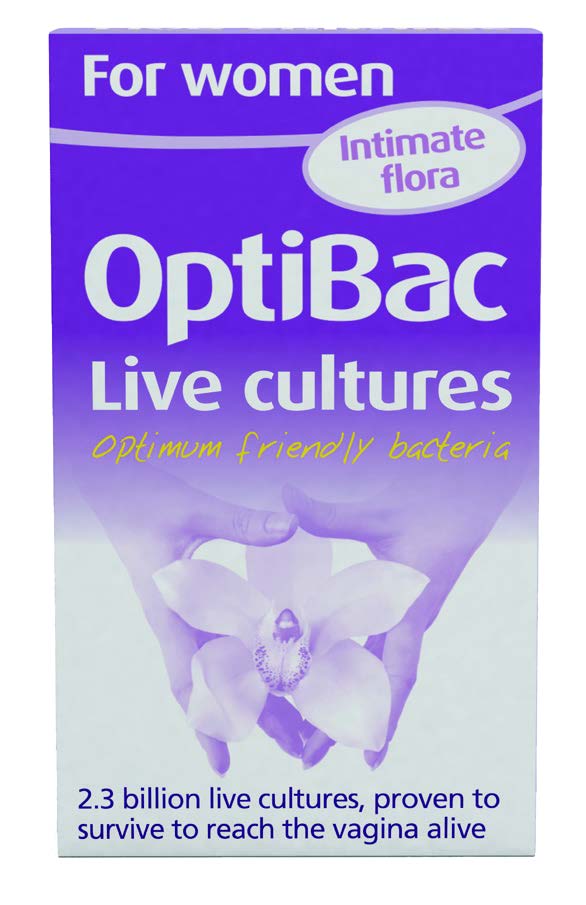 Optibac Friendly Bacteria, £17.99, optibacprobiotics.co.uk
Optibac Friendly Bacteria, £17.99, optibacprobiotics.co.uk -
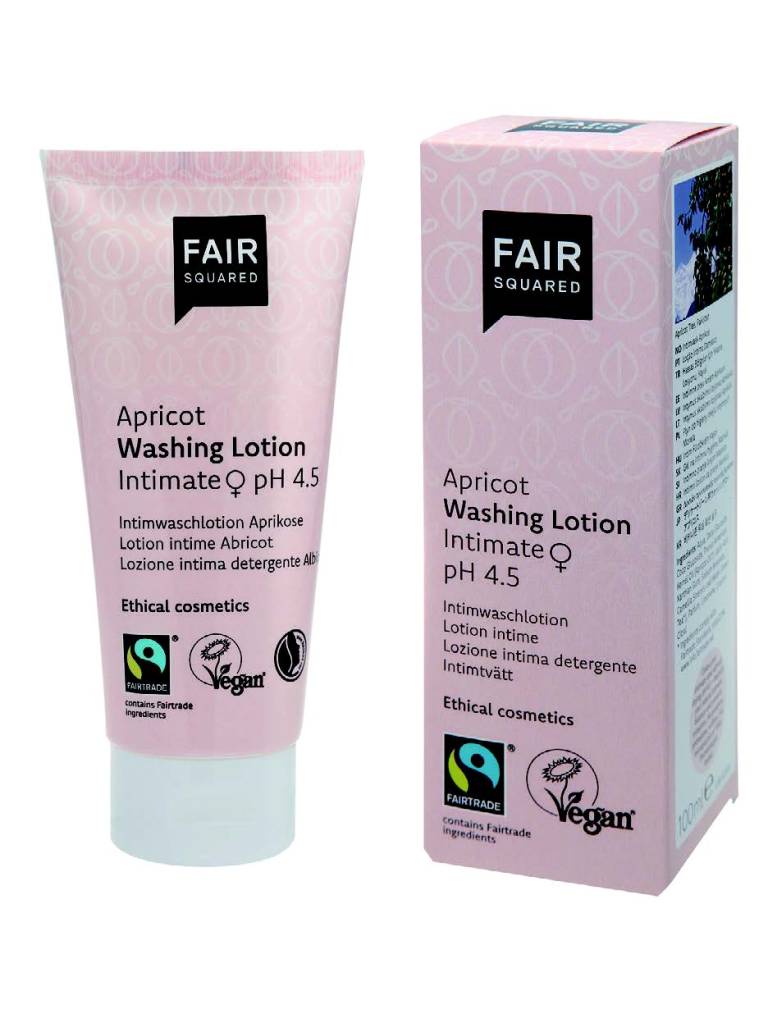 Fair Squared Intimate Washing Lotion, £8.95, pravera.co.uk
Fair Squared Intimate Washing Lotion, £8.95, pravera.co.uk -
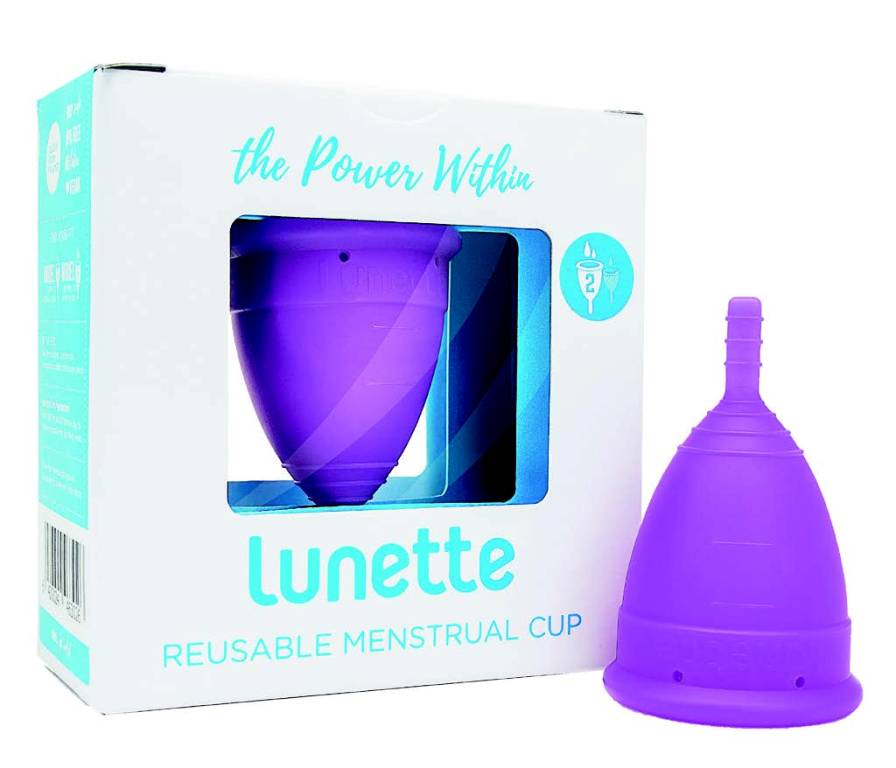 Lunette Re-usable Menstrual Cup, £24.90, lunette.com
Lunette Re-usable Menstrual Cup, £24.90, lunette.com -
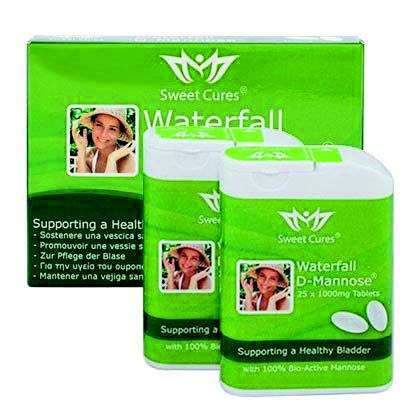 Sweet Cures Waterfall D-Mannose Tablets, £20.90, sweet-cures.com
Sweet Cures Waterfall D-Mannose Tablets, £20.90, sweet-cures.com












